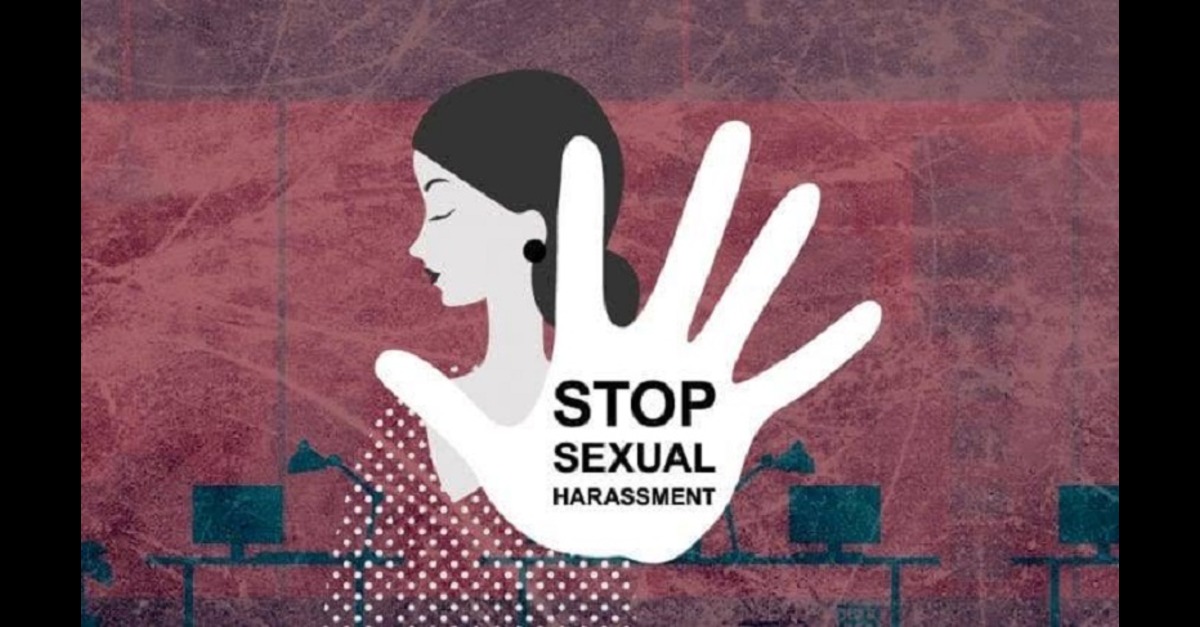INTRODUCTION
Sexual harassment is a persisting threat in communities across the globe. It is experienced by individuals and groups at work, in public, and at schools. Survivors face obstacles not only to reporting those events to someone responsible, but even to securing justice. When it comes to a framework of laws, legal system, and institutions, the law and statutes can create a situation for survivors that a trust relationship is fostered, emotional support exists, and that they are treated fairly. Initiatives, such as the one from the Chhattisgarh High Court recently, are examples of constructive steps for experience a safer space from harassment.
BACKGROUND
Sexual harassment operates in entrenched societal structures, and often goes unreported because of stigma, fear of retaliation, and/or doubts about the justice process. Many survivors don’t bring their cases because they fear that the process will re-traumatize them and/or because they find the legal process intimidating. The Sexual Harassment of Women at Workplace (Prevention, Prohibition and Redressal) Act, 2013 was meant to help address these issues in India, however gaps in implementation and support structures remain. Survivors do not have adequate, accessible infrastructure, privacy, or experience emotionally less challenging in court, all of which plays a role in whether they choose to report. The judiciary and policy makers have acknowledged these issues, and the movement toward survivor-centered approaches is garnering support. The Indian judiciary has attempted to make strides toward increasing gender sensitivity and awareness in the context of sexual harassment. Yet the changes have been slow when it comes to infrastructure.
KEY POINTS
The inauguration of a victim rest room within Surajpur District Court emphasizes the need for physical spaces that center the needs of survivors. It indicates an awareness of the psychological and emotional burdens faced by survivors when moving through the justice system. The goal of spaces like these is to provide an atmosphere of care and comfort in which survivors may disclose their experiences without fear or distress. The benefits of these kinds of initiatives are:
– Privacy and Safety: These types of spaces give survivors the privacy to prepare for an upcoming prosecution, or meet with their lawyer, away from curious onlookers.
– Emotional and Mental Supports: Safe spaces can decrease fear or apprehension of survivors feel when interacting with legal frameworks, allowing survivors to interact more effectively.
– Gender-Sensitive Practice: It showcases the judiciary’s commitment to gender sensitivity and recognizes the specific vulnerabilities of victims.
Although physical spaces matter, preventing sexual harassment will involve legal reform, effective implementation, and awareness campaigns to sustain an ecosystem that empowers survivors.
RECENT DEVELOPMENTS
Ramesh Sinha, who serves as the Chief Justice of the Chhattisgarh High Court, has engaged in efforts to create what he calls “empathetic spaces” in the judiciary. At the opening of a victim rest room, Chief Justice Sinha again repeated the call for victims to be able to tell their stories in a positive and safe space. This is consistent with developments nationally, as victim rights are acknowledged, to make victims feel safe and trusted in the system. In the past several years, there has been movement across India with regard to victim-centred provisions in the judiciary. Courts and states have engaged in various activities to formalize victim-centred approaches, whether witness protection schemes, sensitization workshops for court personnel, or customer service lines for survivors. This initiative is a reflection of increasing recognition of victims’ rights as part of a judicial process. Although advancement has been recognized, there are barriers/pitfalls and we will continue to encounter challenges. Equitable infrastructures will need to be developed across the country, notably in rural or remote areas. Finally, several advocacy organizations, for instance, have advocated for the use of new technologies, including virtual testimony, as an approach that may facilitate victims’ access to justice.
CONCLUSION
The opening of the victim rest room in the Surajpur District Court is a reflection of the judiciary’s changing attitude towards sexual harassment. It underlines the need for not only legal systems but also physical and emotional support mechanisms to empower survivors. But long-term efforts are needed to make such efforts a part of judicial systems across the country so that justice reaches all survivors.
In the struggle against sexual harassment, making spaces safer for survivors should go hand in hand with establishing gender-sensitive practices, raising awareness in society, and building institutional accountability. Though the road to a harassment-free society is long, efforts such as these are crucial milestones along the path towards justice, equality, and dignity for all.
“PRIME LEGAL is a full-service law firm that has won a National Award and has more than 20 years of experience in an array of sectors and practice areas. Prime legal falls into the category of best law firm, best lawyer, best family lawyer, best divorce lawyer, best divorce law firm, best criminal lawyer, best criminal law firm, best consumer lawyer, best civil lawyer.”
WRITTEN BY MARTHALA JOSHIKA REDDY


